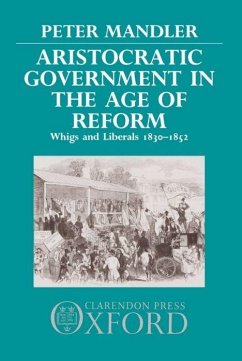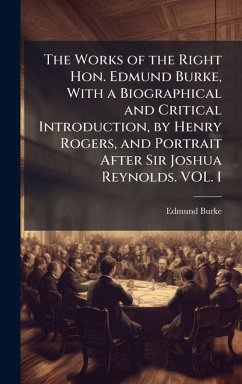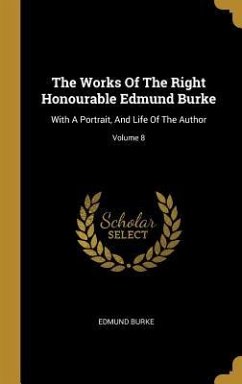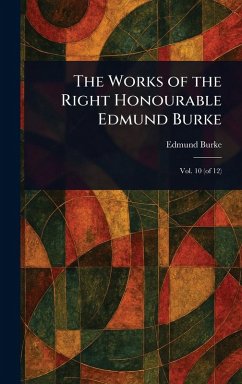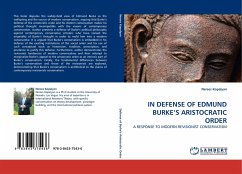
IN DEFENSE OF EDMUND BURKE''S ARISTOCRATIC ORDER
A RESPONSE TO MODERN REVISIONIST CONSERVATISM
Versandkostenfrei!
Versandfertig in 6-10 Tagen
39,99 €
inkl. MwSt.

PAYBACK Punkte
20 °P sammeln!
This book disputes the widely-held view of Edmund Burke as the wellspring and the source of modern conservatism, arguing that Burke's defense of the aristocratic order and his distinct conservatism makes his political thought incompatible with the visions of contemporary conservatism. Author presents a defense of Burke's political philosophy against contemporary conservative scholars who have revised the originality of Burke's thought in order to mold him into a modern conservative. It is argued that Burke's conservatism is embedded in his defense of the existing institutions of the social ord...
This book disputes the widely-held view of Edmund Burke as the wellspring and the source of modern conservatism, arguing that Burke's defense of the aristocratic order and his distinct conservatism makes his political thought incompatible with the visions of contemporary conservatism. Author presents a defense of Burke's political philosophy against contemporary conservative scholars who have revised the originality of Burke's thought in order to mold him into a modern conservative. It is argued that Burke's conservatism is embedded in his defense of the existing institutions of the social order and his use of such conceptual tools as historicism, tradition, prescription, and prudence to justify this defense. Furthermore, author demonstrates the revisionist tendencies of modern conservatives and their attempt to marginalize Burke's appeal to the aristocratic order as an intrinsic part of Burke's conservatism. Finally, the fundamental differences between Burke's conservatism and those of the revisionists are explored, demonstrating that Burke's conservatism is antithetical to the claims of contemporary revisionists conservatism.



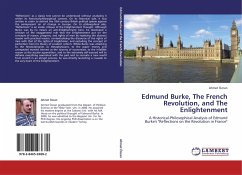
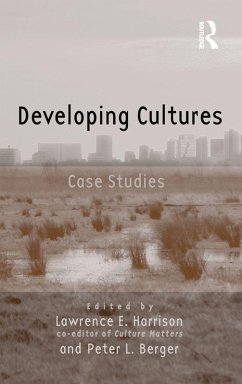
![Substance Of The Speech Of The Right Honourable Edmund Burke, In Thr [sic] Debate On The Army Estimates, In The House Of Commons, On Tuesday, The 9th Day Of February, 1790. Comprehending A Discussion Of The Present Situation Of Affairs In France Cover Substance Of The Speech Of The Right Honourable Edmund Burke, In Thr [sic] Debate On The Army Estimates, In The House Of Commons, On Tuesday, The 9th Day Of February, 1790. Comprehending A Discussion Of The Present Situation Of Affairs In France](https://bilder.buecher.de/produkte/74/74531/74531257n.jpg)


